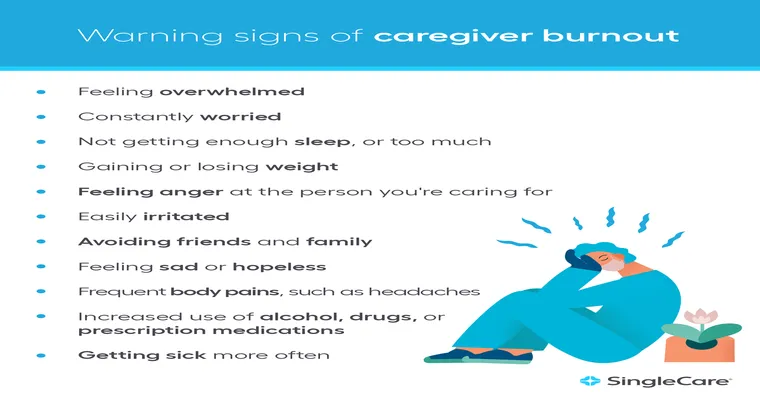Caring for a loved one can be a rewarding yet overwhelming experience. To ensure that both the caregiver and the person receiving care can thrive, it is essential to implement effective "organization strategies". Staying organized not only reduces stress but also enhances the quality of care provided. In this article, we will explore some practical tips and techniques for "getting organized" and maintaining that organization throughout your caregiving journey.
Create a Caregiving Schedule
One of the most effective ways to stay organized is to develop a comprehensive "caregiving schedule". This schedule should outline daily tasks, appointments, and medications. Use a digital calendar or a physical planner to log important dates and times. By having a clear visual representation of your responsibilities, you can manage your time better and avoid last-minute surprises.
Utilize Checklists
Checklists are invaluable tools for caregivers. Create separate lists for daily, weekly, and monthly tasks. This can include everything from meal preparation to household chores and medical appointments. By crossing off completed tasks, you can visually track your progress, which can provide a sense of accomplishment and keep you motivated.
Organize Important Documents
Keeping important documents organized is crucial for effective caregiving. Create a dedicated binder or digital folder for medical records, insurance information, and legal documents. Ensure that all paperwork is easily accessible, as you may need to refer to it frequently. Having everything in one place can save you time and reduce stress during critical moments.
Set Up a Communication System
Effective communication is key in caregiving. Set up a system to keep all family members informed about the care recipient's needs and health status. This could include a group chat, regular family meetings, or a shared online document. This organizational strategy ensures everyone is on the same page and can help prevent misunderstandings or duplicated efforts.
Designate a Care Area
If possible, designate a specific area in your home for caregiving activities. This could be a room or a corner where you keep supplies, medications, and equipment. Having a dedicated space can help minimize clutter in other areas of the house and create a more calming environment for both you and the person you are caring for.
Utilize Technology
In today's digital age, there are numerous apps and tools designed to help caregivers stay organized. Consider using apps for medication reminders, task management, and even support networks. These tools can simplify your caregiving tasks and help you stay connected with others who understand your situation.
Practice Self-Care
Lastly, remember that staying organized also includes taking care of yourself. Schedule regular breaks and set aside time for activities that rejuvenate you. Whether it is exercise, reading, or spending time with friends, prioritizing self-care can improve your overall well-being and make you a more effective caregiver.
Conclusion
Getting and staying organized while caregiving is essential for both your well-being and the quality of care you provide. By implementing these strategies, you can create a structured environment that allows you to manage your responsibilities effectively. Remember, organization is a continuous process, so be flexible and willing to adjust your strategies as needed. With the right approach, you can enjoy a more balanced and fulfilling caregiving experience.





